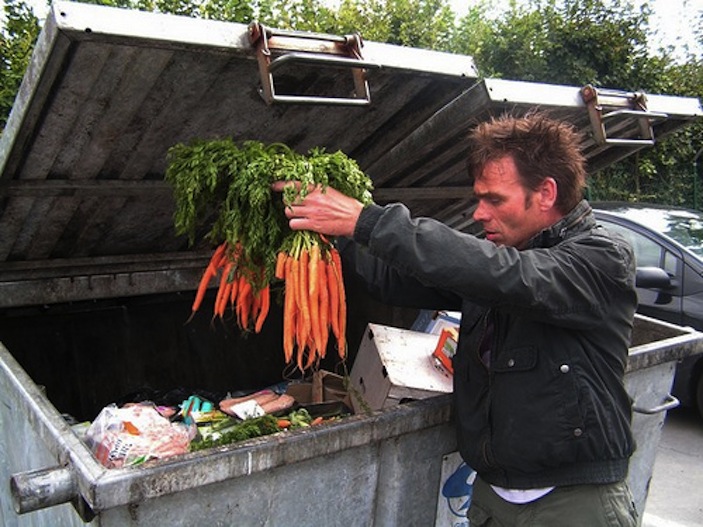A music festival that last the entire weekend? Check.
With musical acts from just about every continent on the globe, in every genre you can dream up? Check.
Where you can actually meet the artists? Check.
And even learn from them at workshops, where they’ll teach you some of their tricks and you can ask them questions? Check.
In a setting just steps from the sea at the edges of one of the world’s most beautiful tropical rainforests? Check.
You are probably thinking I’m making this up, but it really exists, in the form of the annual Rainforest World Music Festival. Taking place every summer (usually in July, although the 2013 edition will be the last weekend of June) at the Sarawak Cultural Village at the base of beautiful Mount Santubong, about 30 minutes from the city of Kuching, the festival has grown since its inception in 1997. While the first few years yielded audiences of around 400, the Sarawak Tourism Board has thrown its muscle behind it since then, and now the festival is attracting nearly 30,000 spectators from all around the world.
While the musical performances are scheduled for the evenings—Friday, Saturday and Sunday—the days are still packed. Just about every musical act takes part in a seminar, where they will demonstrate their craft in a more personal setting, including Q&A sessions and many opportunities for audience participation. The Sarawak Cultural Village is also teeming with interesting exhibits and vendors hawking souvenirs, tattoos, haircuts (featuring tribal shave patterns), food and drinks. Yes—despite Malaysia’s strict Muslim laws—the alcohol (most typically in the form of Heineken) flows freely here.
I had the good fortune to attend last year’s Rainforest World Music Festival, which featured artists from as far away as Scandinavia and Brazil. In the coming months in this space, I will be sharing several videos from the experience, both of the regular stage performances and behind the scenes with the artists, so stay tuned. In the meantime, enjoy some of the images below, which may still not even do proper justice to the fun and excitement RWMF represents.
In case you are interested, the 2013 rendition will take place from June 28-30, with more information available here.

Huge crowds at last year’s Rainforest World Music Festival

Rocking with Cankisou from the Czech Republic

Sarawak’s own Zee Avi

Brazil’s Raiz de Cafezal on stage…

…and at a workshop

Another workshop, this time featuring the String Sisters from Scandinavia and the USA

A little rain didn’t stop the fun
.jpg)














